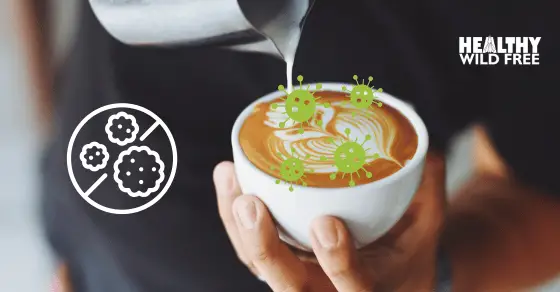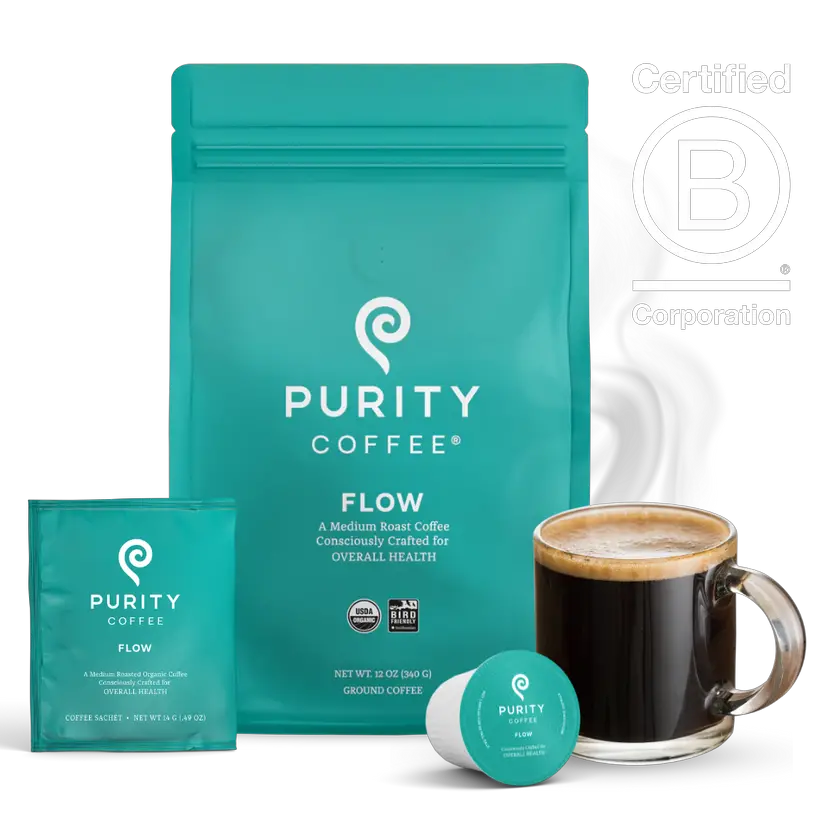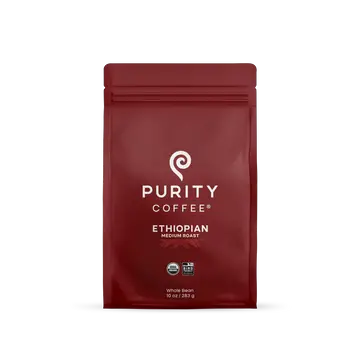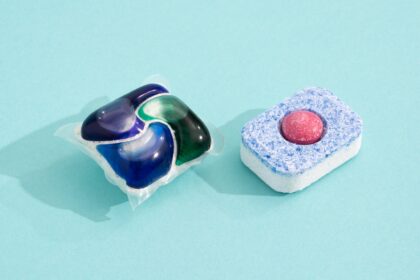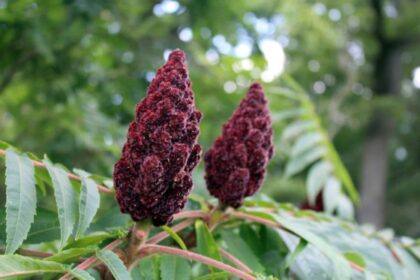For many of us, coffee is more than just a beverage—it’s a daily ritual. It kickstarts our mornings, powers us through long workdays, and offers moments of comfort. But while the rich aroma and energizing effects make coffee a beloved staple, few realize that many conventional coffees harbor hidden dangers.
From mold and heavy metals to toxic pesticides and chemical byproducts formed during roasting, your regular cup of joe could be doing more harm than good over time. This article explores the most dangerous contaminants found in traditional coffee and introduces a safer, cleaner, and healthier alternative.
1. Mold and Mycotoxins: Silent Saboteurs in Your Coffee
One of the most concerning issues with conventional coffee is contamination with mold and its toxic byproducts: mycotoxins.
Mycotoxins like Ochratoxin A (OTA) and Aflatoxin B1 are formed when mold grows on coffee beans—typically during improper harvesting, drying, or storage in humid environments. These compounds are invisible, tasteless, and extremely harmful in even small quantities.
- Ochratoxin A (OTA): Linked to kidney damage, neurotoxicity, and immune suppression. It’s classified as a possible human carcinogen by the World Health Organization.
- Aflatoxin B1: One of the most potent carcinogens known to science. It can cause liver damage and is especially dangerous to people with weakened detoxification systems.
While some roasting processes may reduce these toxins slightly, they are not completely eliminated, and long-term exposure—especially with daily consumption—can take a toll on your health.
2. Acrylamide: A Hidden Result of Roasting
Acrylamide is a chemical compound formed naturally during the high-heat roasting of coffee beans. Classified as a probable human carcinogen, it forms through the Maillard reaction—a process that gives roasted foods their characteristic flavor and color.
The highest acrylamide levels are often found in lighter roasts because they’re roasted at lower temperatures for shorter times. Animal studies have linked acrylamide to nerve damage and cancer, and though the research is still developing in humans, experts advise minimizing exposure when possible.
Most coffee drinkers are unaware that their morning brew may contain this stealthy chemical. And since there are no FDA limits on acrylamide in coffee, many popular brands don’t test or regulate for it.
3. Pesticides and Herbicides: Poison in the Grounds
Coffee is the third most chemically treated crop in the world, and conventional farms routinely use a cocktail of pesticides, herbicides, fungicides, and insecticides to protect yields and prevent disease.
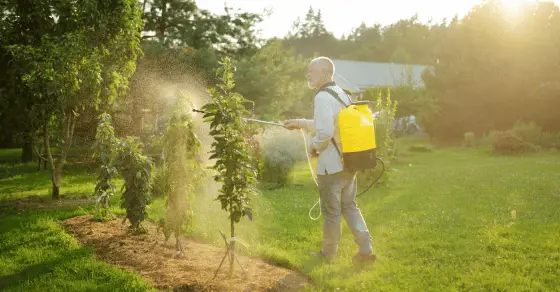
Common chemicals used in coffee farming include
- Glyphosate (Roundup): A probable carcinogen banned in several countries but still used in the U.S.
- Chlorpyrifos: Linked to developmental disorders and hormone disruption.
- Endosulfan: Banned in over 80 countries due to its impact on human health and the environment.
Even after washing and roasting, chemical residues can remain on the beans, making their way into your body through daily consumption. Long-term exposure to these toxins can impact hormone function, fertility, and increase the risk of neurological and immune disorders.
4. Heavy Metals: Slow Accumulation, Lasting Damage
Coffee plants are bioaccumulators, meaning they absorb substances from their environment—including heavy metals like lead, cadmium, arsenic, and mercury if grown in contaminated soil.
These metals don’t leave the body easily. Instead, they accumulate over time in tissues, where they may contribute to:

- Kidney damage
- Neurodegenerative diseases
- Fatigue and cognitive dysfunction
- Immune suppression
The most concerning aspect is that most brands don’t test for heavy metals in their coffee beans, and consumers have no way of knowing how contaminated their daily brew might be.
5. Low Antioxidant Content: Missed Potential
Coffee is naturally rich in antioxidants—especially chlorogenic acids (CGAs)—which help neutralize free radicals, reduce inflammation, and support overall health. But many mass-market coffees are roasted in ways that destroy much of this antioxidant content.
- Over-roasting (common in dark blends) can degrade beneficial compounds.
- Improper storage after roasting can cause the beans to oxidize and lose potency.
- Low-quality beans are often used by big brands to cut costs, sacrificing nutrient density for price.
So while you may think you’re getting a health boost from your brew, unless your coffee is tested and optimized for antioxidants, you might be missing out on the benefits entirely.
The Better Brew: Why Purity Coffee Is a Game-Changer
If you’re serious about your health but don’t want to give up coffee, there’s good news: Purity Coffee was created to solve all these issues.
Founded on the principle that coffee should improve your health, not undermine it, Purity Coffee rigorously tests and sources its beans to ensure every cup is as clean and beneficial as possible.
Here’s what makes Purity different:
1. Tested for Mold, Mycotoxins, and Heavy Metals
Purity Coffee tests every batch for:
- Mold and yeast
- Ochratoxin A and Aflatoxin B1
- Heavy metals like lead and cadmium
- Pesticide residues
This ensures you’re not unknowingly consuming contaminants linked to chronic disease.
2. Roasted to Minimize Acrylamide, Maximize Antioxidants
Their roasting process is optimized to:
- Reduce acrylamide formation
- Preserve chlorogenic acid and other antioxidants
- Avoid harmful smoke exposure
That means you get the energy and flavor of coffee with less risk and more benefits.
3. Certified Organic, Sustainably Sourced
Purity Coffee uses 100% USDA-certified organic beans from regenerative farms. No synthetic chemicals. No shortcuts. Just ethically grown coffee that’s safe for your body and the planet.
4. Higher Antioxidant Levels
Independent lab tests show that Purity Coffee contains up to twice the antioxidants of other leading organic brands. It’s not just cleaner—it’s actually better for you.
If you’re drinking coffee daily—and most of us are—it’s crucial to think about what’s in your cup.
Mold, mycotoxins, heavy metals, pesticides, and acrylamide are real threats to your long-term health. While the risks from one cup might be small, the cumulative effect of daily exposure adds up over time.
That’s why switching to a cleaner, rigorously tested coffee like Purity Coffee can make a real difference.
Your health is worth it.
